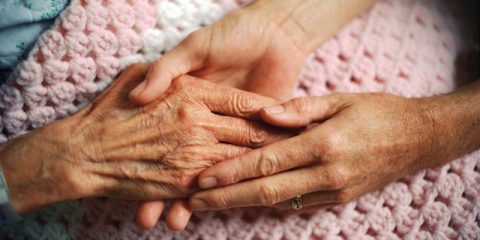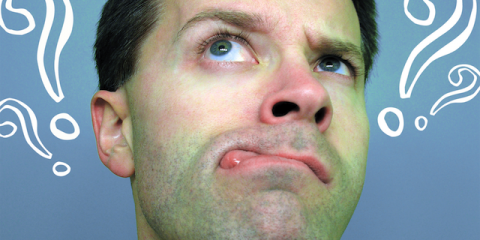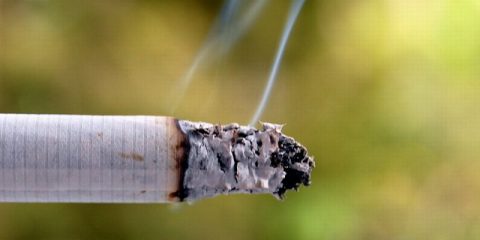Fatigue and Cancer Treatment You’ve finished treatment but you still feel fatigue. Fatigue is one of the most common side effects of chemotherapy and cancer treatment that can continue after treatment. It doesn’t seem logical but research indicates that physical activity can help. Physical Activity and Cancer Survivorship The Centers for...
Read MoreProstate Cancer Posts on Medivizor
Hospice: Important Considerations For End of Life Care
“A nation’s greatness is measured by how it treats its weakest members.” ~ Mahatma Ghandi Two recent articles in the Washington Post provide a disturbing portrait of hospice care in the US. Hospices that take payments from Medicare must be able to provide “crisis care” –continuous nursing care in the home or inpatient...
Read MoreVitamin D, Sunshine and Health
Roll Out Those Lazy, Hazy, Crazy Days of Summer Researchers, especially epidemiologists, look for patterns. And they found patterns when they looked at the places where people are most likely to get cancer. They found that there is more cancer in people living in higher latitudes, that is, closer to the arctic. So they started thinking and figuring out this...
Read MoreMovember… A Typo?… No, It’s 4 million mustaches and $91,926,571
On Your Mark, (Lather Up) Get Set (Grab That Razor), GO… SHAVE! It’s December and all the men who grew their mustaches in November get to shave! What? You didn’t know about this? It is because of Movember. Has anyone seen this typo recently? Well, it’s not a typo…it is actually a fund-raising campaign with an International...
Read MoreMedivizor’s Donation Campaign of Thanks
Help us help others! Please spread the word: Autumn Harvest Celebrations of autumn, the harvest, and the blessings of the passing year are found in many cultures. In China, there’s the celebration of the harvest moon. In the Jewish culture, a festival called Sukkot celebrates the wandering in the desert and the harvest. The ancient Greeks celebrated a...
Read MoreWhat Should You Ask Your Doctor About Your Cancer Diagnosis?
Or Patient-Centered Cancer Care: IOM’s recommendations Last week, we looked at the recent Institute of Medicine’s report and wrote the post about “How the US Got Its Cancer Care Crisis“. This week we get more practical. With specific recommendations you can use! The general recommendations include: (1) becoming engaged patients. (2)...
Read MoreIf It Ain’t Broke Don’t Fix It? OR How the US Got Its Cancer Care Crisis
Did you know… In a study conducted in 2012, 69% of patients diagnosed with stage 4 lung cancer and 81% of those diagnosed with stage 4 colorectal cancer did not understand that chemotherapy was not at all likely to cure their cancer? That a national survey showed physicians asked patients what they want in their care only ½ the time? That patients ask...
Read MoreA Roadmap to the “New Normal:” Understanding Cancer Treatment’s Bumpy Ride
So often people who undergo chemotherapy hear something like this from their family, friends or other well-wishers, “Thank goodness that’s over, now you can get on with your life. You can get back to normal.” Although it’s true that chemotherapy is over, the road that the patient is on is not smooth. There are important changes that caregivers and...
Read More“I’d Never Heard of Melanoma”
Growing up, Colleen Bronstein spent all summer at her family’s summer home at the beach and when she married they had a pool and visited the beach house twice a year. Fair skinned, freckled and Irish she loved the outdoors. Knowing the Signs “I had an itchy spot on my back for a year or so and when I went to see my family doctor about something...
Read MoreE-patient? Smart Patient? What’s the story?
There are two phrases making the rounds that describe you, a member of the growing Medivizor.com community. One is “e-patient” and the other is “smart patient.” What is an e-patient? Who created the phrase? Published in March of 1996, Health Online: How to Find Health Information, Support Groups, and Self-Help Communities in Cyberspace, first...
Read MoreFirst hand, second hand, third hand: With Cigarette Smoke No Hand Is Safe
Almost 10 years ago, secondhand smoke was determined to be a Group A carcinogen by the US Environmental Protection Agency (EPA). Since then evidence has grown supporting this classification. The reasoning is based on the content of secondhand smoke (SHS). SHS is a mixture of fine particles and over 50 chemicals that are known or probable cancer causing...
Read MoreReadability and Understandability: Advancing Health Literacy
A recent study by researchers at Loyola University found that as many as 63% of prostate cancer websites cannot be read or understood by someone who hasn’t completed high school education. Why is this important? Well, one of the study’s references suggests that as many as 90 million adult Americans have literacy skills that test below high school...
Read More













